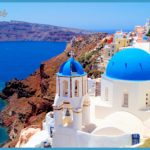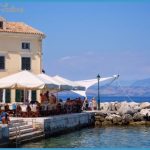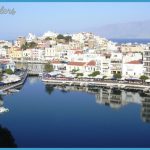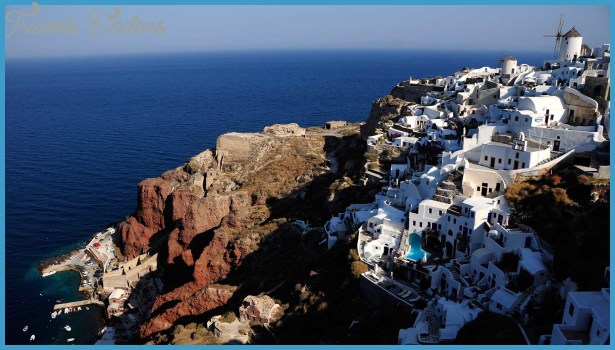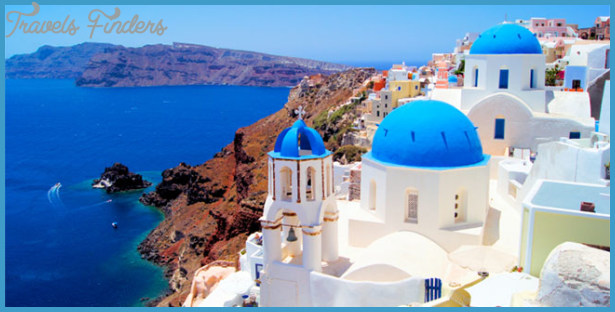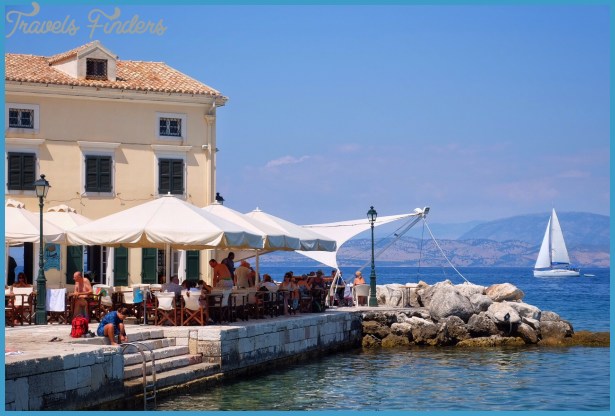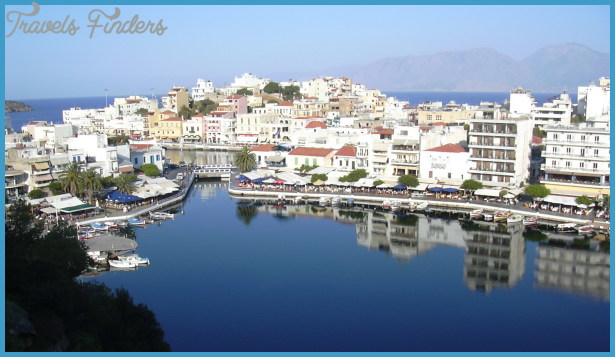Travel to Greece
TODAY
In the 1980s, Andreas Papandreou, founder of the leftist Panhellenic Socialist Movement (PASOK), steered Greece into the European Economic Community (EEC) and pioneered the passage of women’s rights legislation. Fellow socialist Costas Simitis took control of the party after the unpopular tenure of Constantine Mitsotakis, and has since pursued economic reforms in an attempt to meet the qualifying standards for entry into the European Union (EU), which became a reality in January 2001. Also in January 2001, Foreign Minister George Papandreou traveled to Turkey, the first such visit in 37 years. While there, he signed four cooperation agreements concerning tourism, the environment, the protection of investments, and terrorism. Talks have even begun regarding Cyprus, which remains divided into Turkish and Greek Cypriot states. Though the discussions have been fruitless so far, the dialogue has brought the nations closer and helped guarantee an extended peace in the Aegean. In the summer of 2004, the Olympic Games will return to their birthplace as Athens plays host to the world’s athletes and spectators.
THE ARTS
It is impossible to overestimate how much Western culture owes to the architectural and artistic achievements of the ancient Greeks Augustus Caesar, Michelangelo, Jacques-Louis David, Thomas Jefferson, Constantine Brancusi, and even Salvador Dali found inspiration in Greek works.
LITERATURE AND DRAMA
The first written Greek did not appear until the 8th century BC, but the Greek literary tradition may have begun as many as 150 years earlier, with the epic songs of Homer, including the Iliad and Odyssey, which most scholars believe survived through oral tradition alone. During the 7th century BC, Archilochus of Paros made what is believed to be the first contributions to written poetry in the form of anti-heroic, anti-Homeric elegies. The foundation for modem drama was laid in the 5th century BC, in the tragodoi (goat songs) dedicated to the god Dionysus. Greek drama began as a religious rite in which all attendants performed in the chorus. Individual acting began when, at a public competition of masked choruses in Dionysus’s honor, young Thespis stepped out of the crowd to become Athens’s first actor hence the word thes-pian. By adding other characters, Aeschylus composed the Oresteia (458 BC), a trilogy about Agamemnon’s ruinous return home from the Trojan War. Sophocles’s Oedipus trilogy (c. 444-401 BC) arguably founded modem dramatic tragedy.
Greek independence gave rise to the Ionian School of modem literature, which dealt with the political and personal issues of the Greek revolution. Dionysios Solo-mos (1798-1857), whose Hymn to Liberty became the Greek national anthem, is still referred to as the National Poet. Twentieth-century poets alternately denounced and celebrated nationalism and politics. Odysseas Elytis, winner of a 1979 Nobel Prize in Literature, felt that French Surrealism was an integral part of national redemption. The best-known modern Greek author is arguably Nikos Kazantzakis (1883-1957). His many novels include Zorba the Greek and The Last Temptation of Christ, both of which were made into successful films.
Contemporary playwrights like lakovos Kambanellis (b. 1922), Demitrls Kehadis (b. 1933), and Symiot writer Elenl Haviara have delighted audiences with their portrayals of Greek life. Taking advantage of the international attention of the Olympic Games, the Greek Playwrights Society (www.eeths.gr) organized a May 2003 festival of modem plays from local writers. But classical theater still dominates, especially at the Athens Festival (534) and the Epidavros Festival (539).


